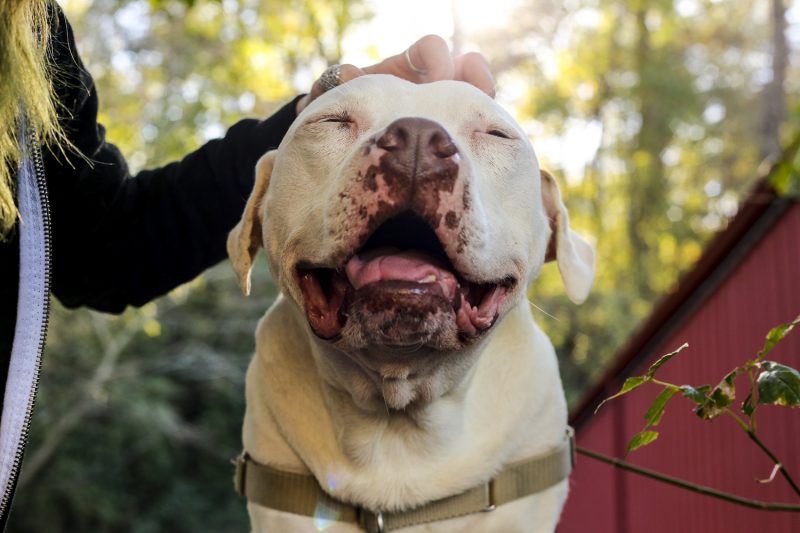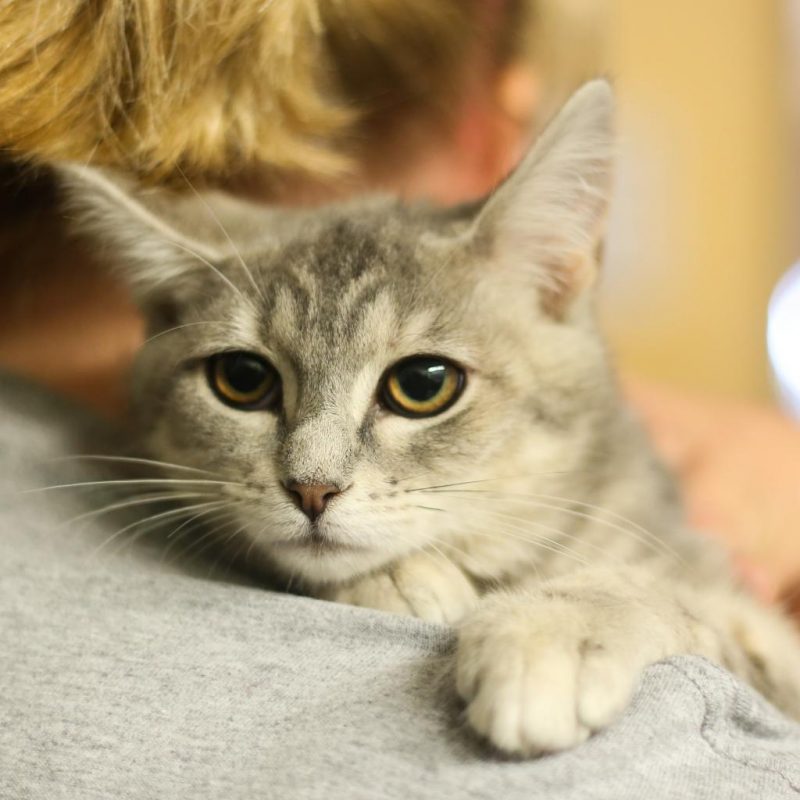Our Philosophy
 At Brother Wolf Animal Rescue, we work to save the lives of as many animals as possible. Each year, because of supporters like you, we are able to positively impact thousands of animals. We never euthanize an animal due to space or length of stay. We use euthanasia as a compassionate, end-of-life decision when an animal is suffering from a severe medical or behavioral condition or is a danger to other animals or people.
At Brother Wolf Animal Rescue, we work to save the lives of as many animals as possible. Each year, because of supporters like you, we are able to positively impact thousands of animals. We never euthanize an animal due to space or length of stay. We use euthanasia as a compassionate, end-of-life decision when an animal is suffering from a severe medical or behavioral condition or is a danger to other animals or people.
The common benchmark for measuring whether a shelter is No-Kill is a live outcome rate of at least 90% of the animals entering the shelter. At Brother Wolf, we make decisions based on what is best for the animals in our care and for the safety of our community, not percentages. You can see our annual outcome reports here.

To us, No-Kill means that we do our absolute best to ensure a live outcome. We consider the animal’s quality of life, community safety, and whether it’s realistic to manage aggressive or difficult behaviors or health conditions in a home without risk to people or other animals.
North Carolina is one of the worst states in the country for the euthanasia of shelter animals according to a national study. We’re working to change that by saving the greatest number of lives possible and by going above and beyond for each animal in our care.
We hope you’ll join us in this effort!
Behavioral Adoptability Guidelines
At Brother Wolf Animal Rescue, we have a responsibility to make safe adoption placement decisions for the people and animals we share our community with. All of the dogs we care for are evaluated as individuals. We gather information about each dog from multiple sources (staff, foster placements, previous guardians, volunteers, etc.). While we evaluate each animal on a case-by-case basis, in general, Brother Wolf will not adopt out dogs who:
- Have a damaging bite history towards children or adults.
- Do not show warning signs before they attempt to bite.
- Have severely injured or killed another dog.
- Cannot be safely handled due to aggressive behaviors.
- Show offensive aggression towards humans (actively decreasing the distance between themselves and the person they are aggressing towards).
- Stalk children in a predatory manner.
- Show uninterruptible aggression towards other dogs.
- Show poor bite inhibition (degree to which dog moderates tooth contact in the case of a bite).
Cats too are evaluated on a case-by-case basis and, in general, Brother Wolf will not adopt out socialized, indoor “house” cats who show offensive aggression towards humans or who bite without provocation. Brother Wolf has a working cat program to place community/feral cats who have a history of living outdoors.
Bites that are determined to be fluke bites are not considered aggression. Fluke bites are bites by a dog that occur during uncommon circumstances that are not likely to be repeated (e.g. while in acute physical pain, while with puppies during lactation, while under sedation, etc.).


